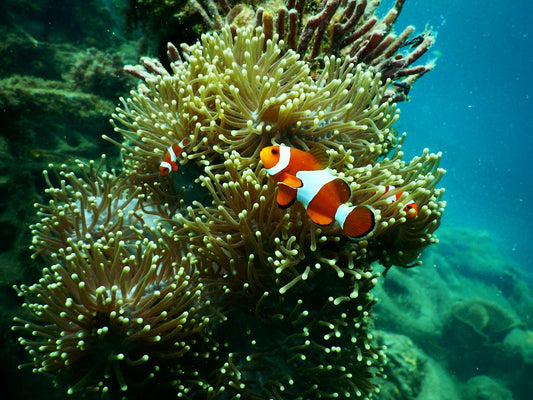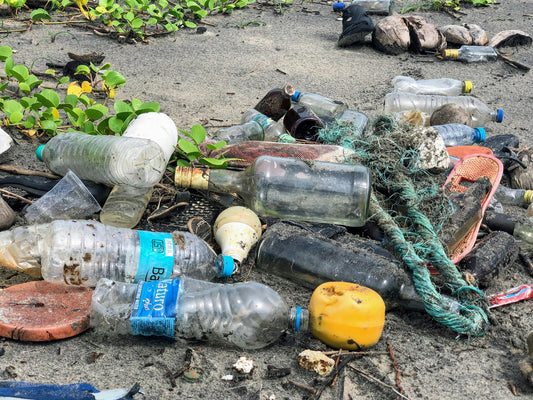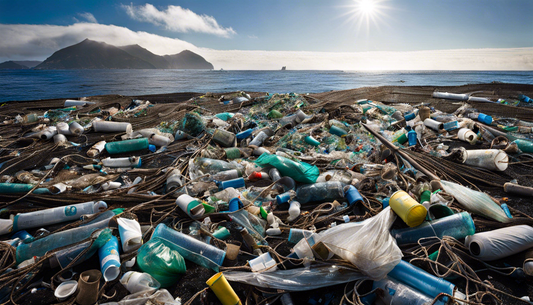Share
The After-Effects of Chlordecone: An Eco-Narrative from the French Caribbean:
This tale from the French Caribbean embarks with Tiburce Cléon, a man who spent his youth cultivating bananas in Guadeloupe’s vast plantations, and ended up with prostate cancer after retirement. The islands of Guadeloupe and Martinique, both French territories, are sadly renowned for having among the world's highest rates of prostate cancer, closely hinged to the extended use of a toxic pesticide named chlordecone.
Justice in Sight for Chlordecone's Victims:
Used intensively to battle the banana weevil between 1972 and 1993, chlordecone's disastrous health and environmental impacts are coming to light, triggering slow but significant progress towards recognizing and compensating its victims. On 11 March, a French court ordered the state to compensate 11 victims, a tiny but crucial step in the long path to justice for a region where nearly 90% of the population has traces of chlordecone in their blood.
Dreadful Consequences and Shattered Pride:
Cléon’s story isn’t unique; many have suffered the crippling effects of prostatectomy due to their exposure to the toxic white dust of the chlordecone, the full hazard of which was not known to them at the time. The debilitating effects of the treatment led to a general sense of shame and reluctance to share experiences. Emotions tend to run high, especially when chlordecone discussion brings resentment towards the government, pesticide producers and banana industry.
Playing with Fire: The State's Role:
Requests to authorize chlordecone were initially denied as early as 1968, due to its known toxicity and risk to the environment. Back-and-forth paperwork and repeated requests finally ended in chlordecone's authorization in 1972. A 2019 French parliamentary inquiry acknowledged that the decision to approve chlordecone was heavily influenced by economic drivers, largely the banana industry. Records show it was used for two decades, causing irreversible impacts.
Justice on the Horizon:
A landmark victory came for the workers in 2021 when the French government added prostate cancer to the list of work-related diseases associated with pesticide exposure. However, for many, this effort comes too late and isn’t sufficient, considering how deeply the chlordecone saga has seeped into their lives – a true David versus Goliath struggle. Several lawsuits have sought to bring accountability and demand recompense for the suffering endured by the local community, marking a promising stride towards justice.
The Chlordecone Shadow:
The nightmare of chlordecone extends far beyond banana plantations, as the chemical infects the food consumed by the local population. Research has revealed that chlordecone can contaminate the soil for up to 600 years, posing a clear and present challenge to the traditional and essential agricultural practices of the islands. Adjusting to this new reality will require long-term lifestyle revisions and an extended effort to eliminate exposure to the lurking danger. It's a fresh chapter in the continuing saga of man versus nature - a story of sorrow, survival, and hopeful resilience.
We hope you enjoyed this article. Please feel free to leave a comment below if you want to engage in the discussion.
If you want to read more like this, make sure to check out our Blog and follow us on Instagram. If you are interested in truly sustainable products, check out our Shop.
Check out the original source here.








